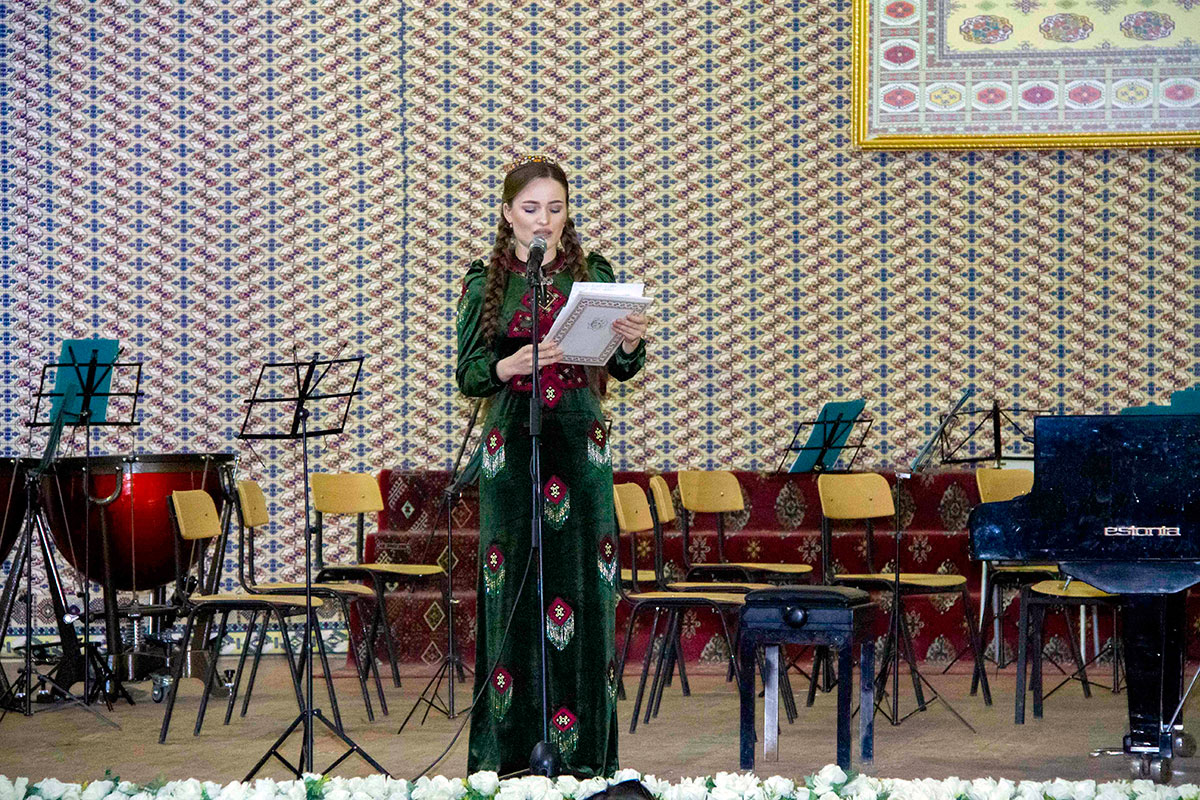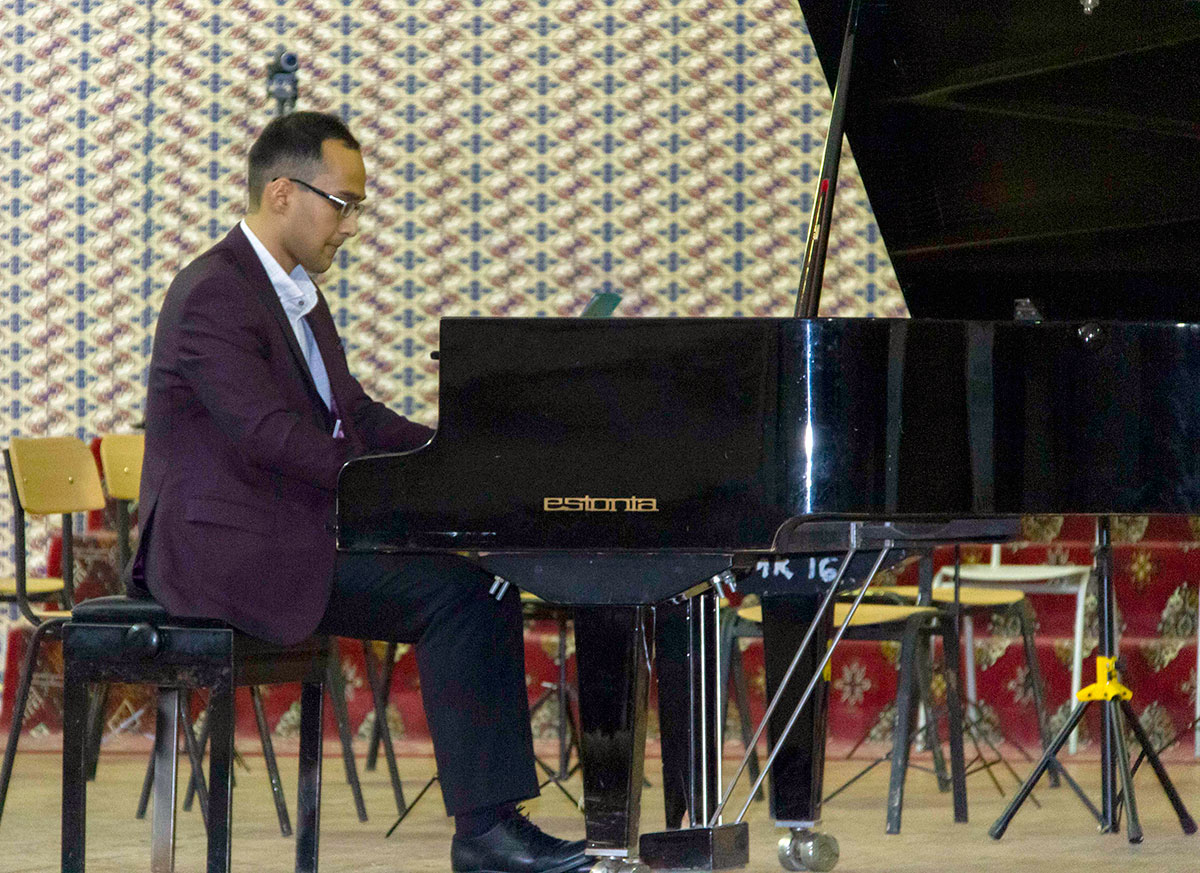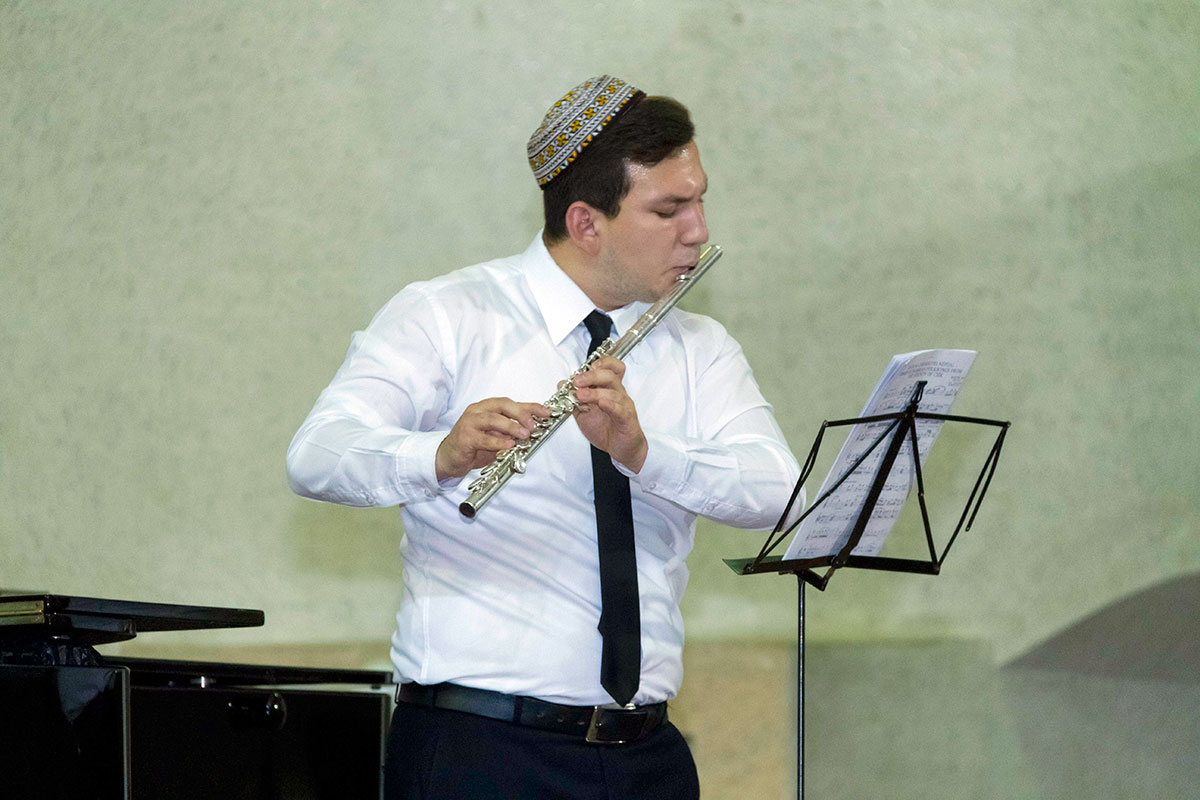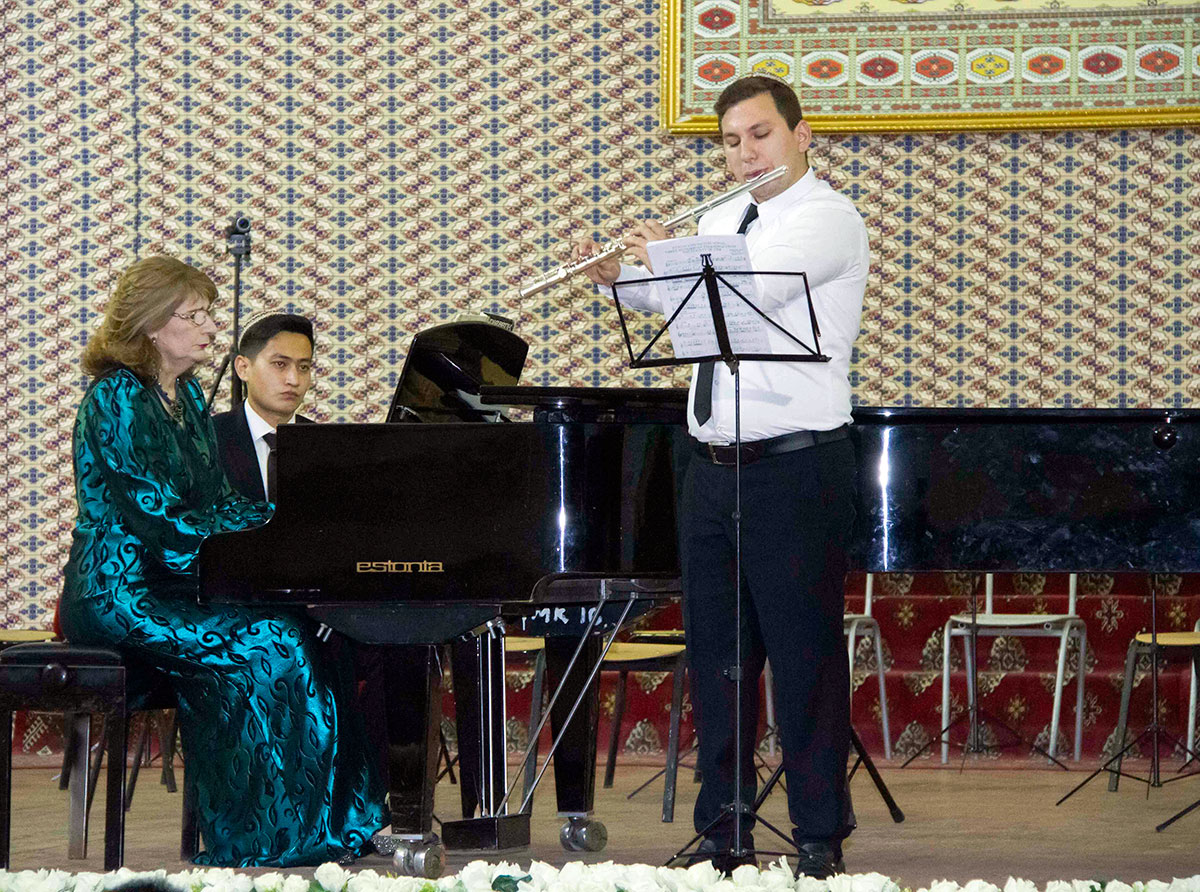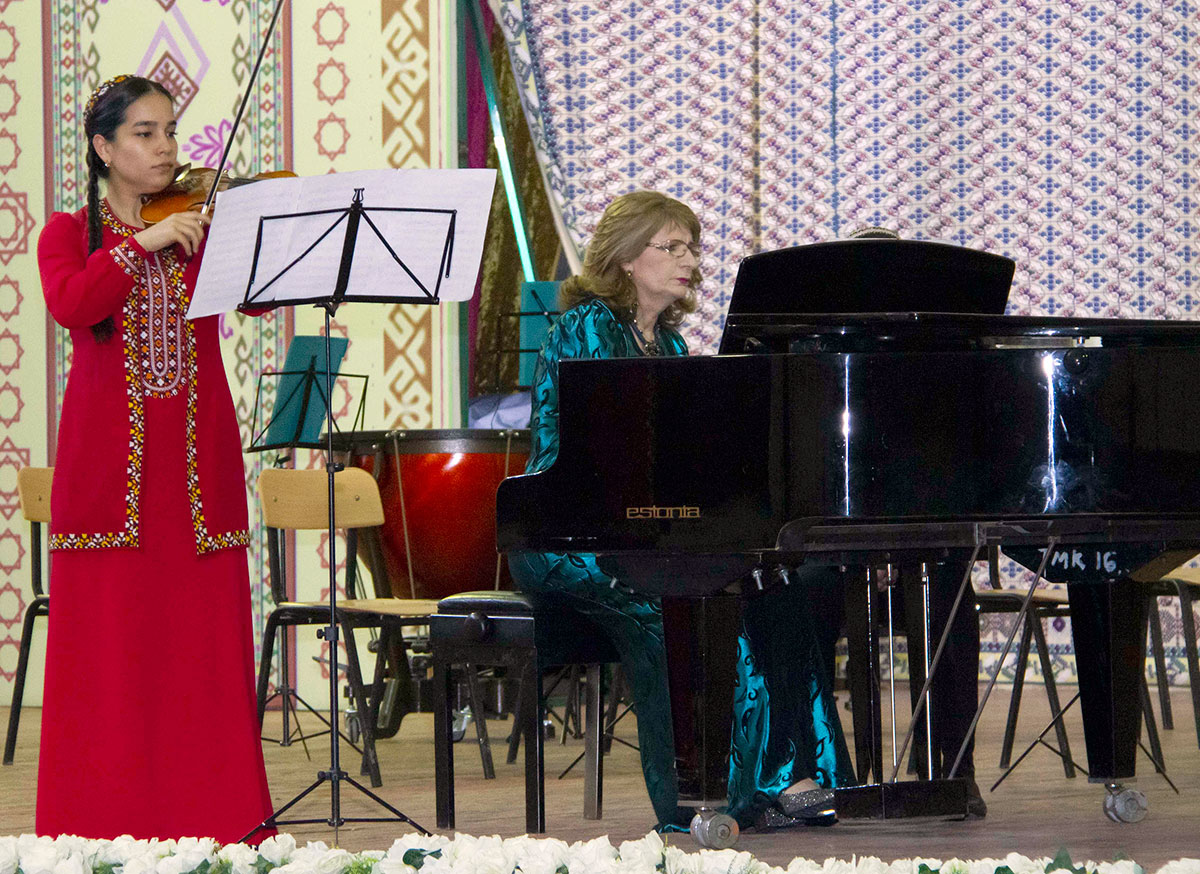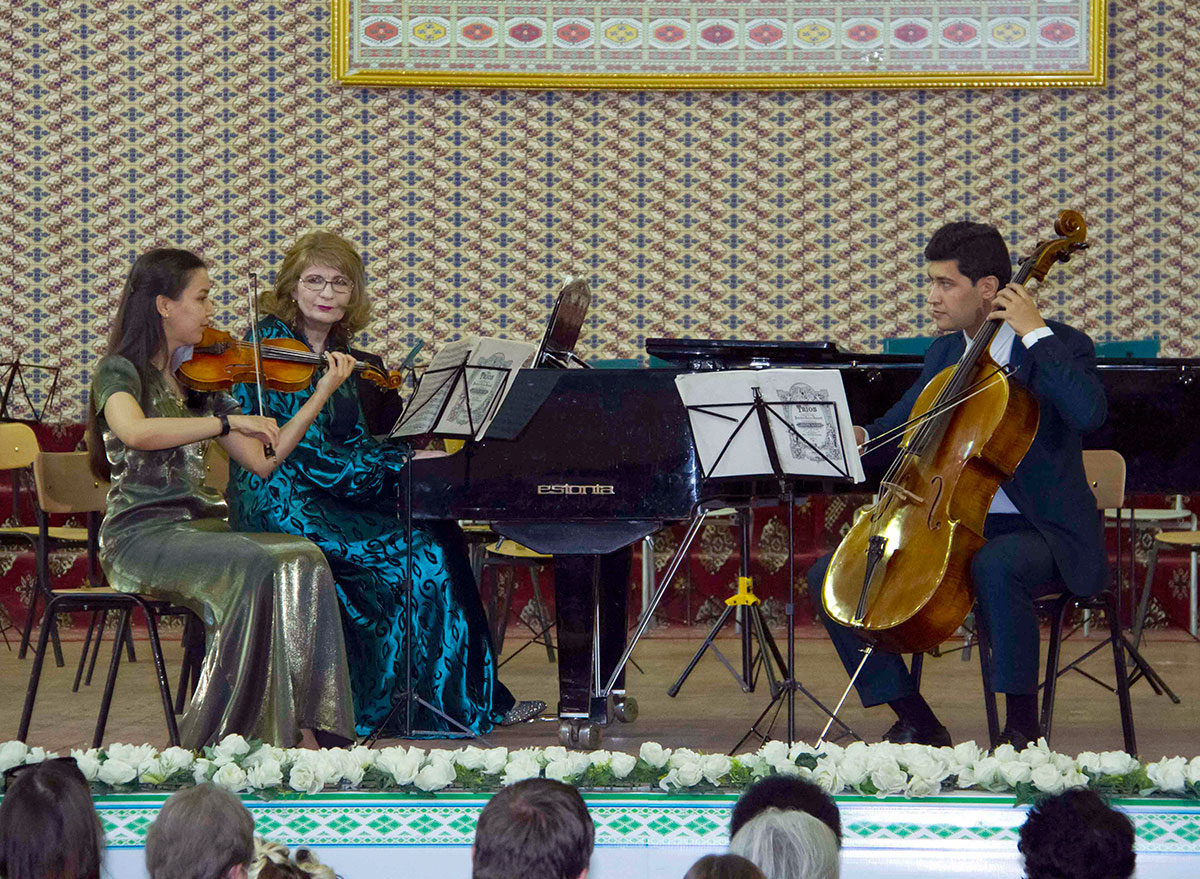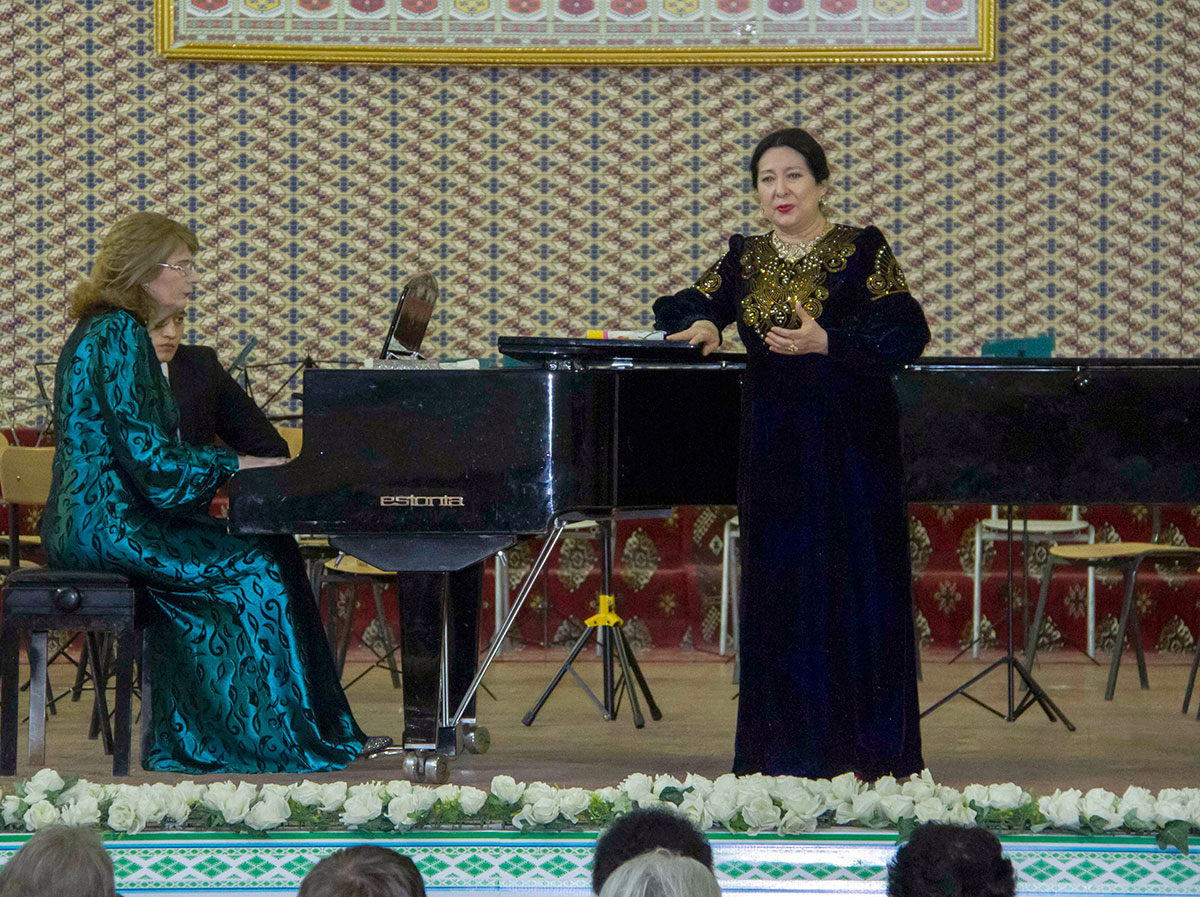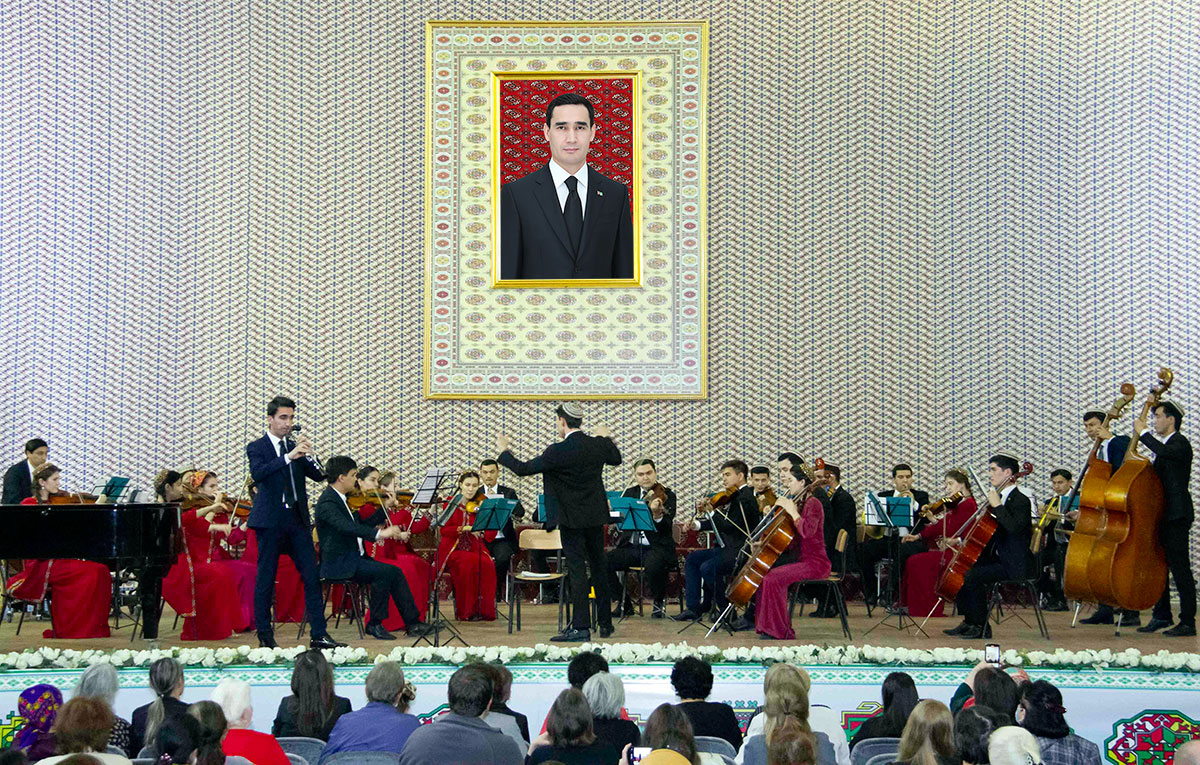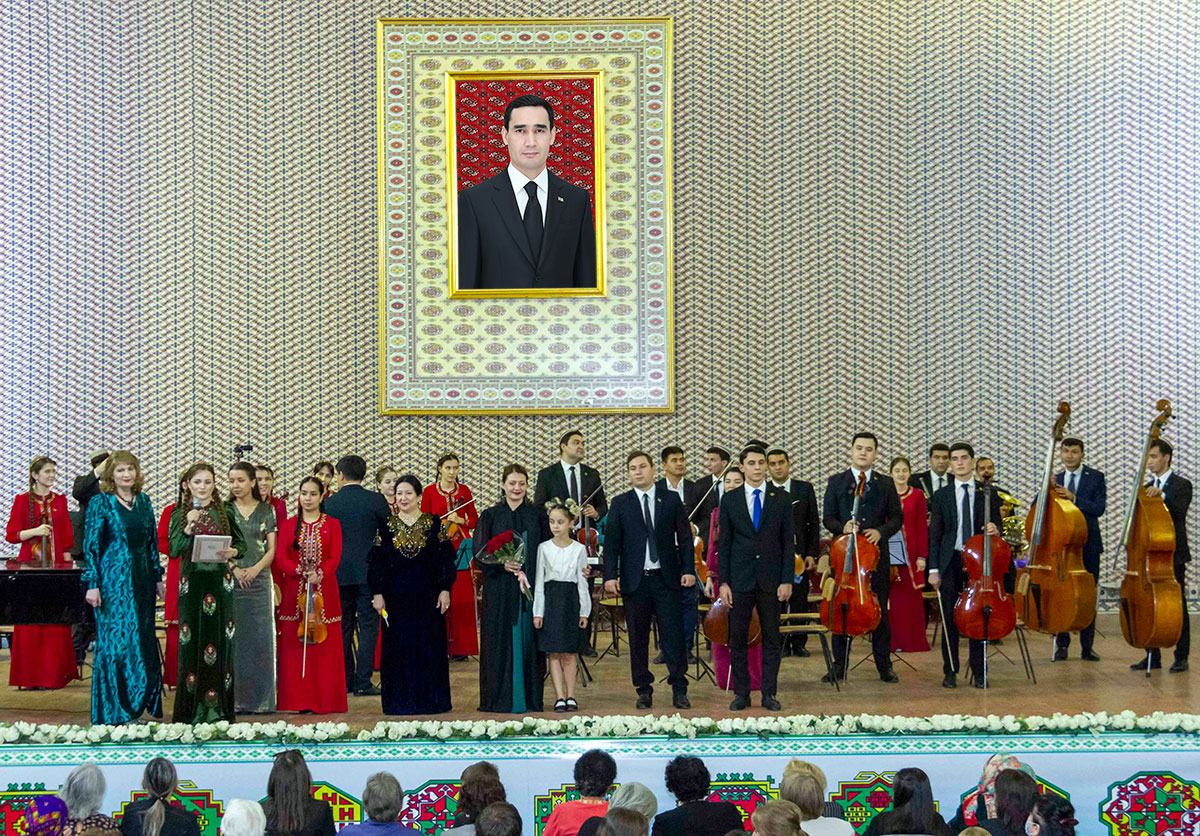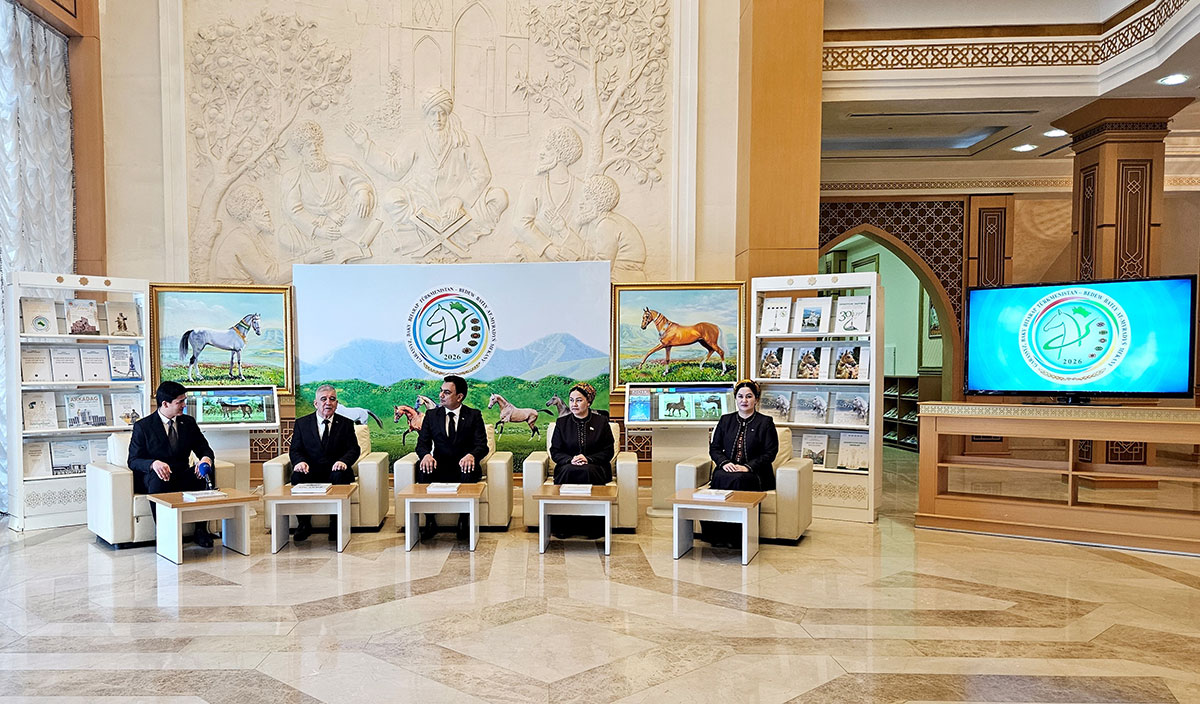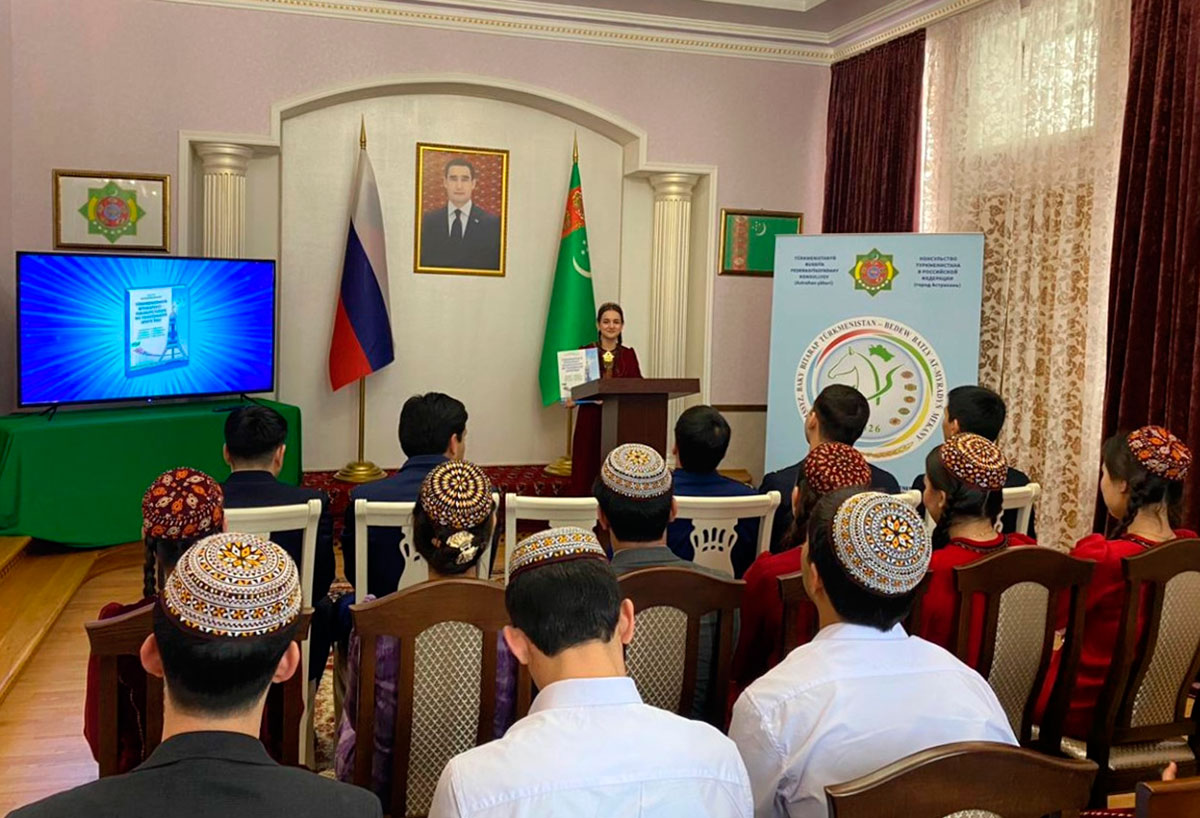This year, all progressive mankind is celebrating the 290th anniversary of the birth of the brilliant Austrian composer Joseph Haydn, a representative of the Viennese classical school.
Haydn is called the father of the symphonies. He received this definition by becoming the founder of the symphonic genre in music. By the way, he left to his descendants a record number of symphonies - 104!
Successes in music, his recognition and financial independence did not give the great composer happiness in his personal life. He was in love with a girl who preferred a monastery to secular life. And then the composer took a rash step: he married the older sister of his beloved. However, his wife did not share his love for music and generally considered music an unworthy thing for a man. In order to spend less time with his grumpy wife, Haydn plunged headlong into the world of music.
Information about several curious stories that happened with Haydn's symphonies has been preserved. For example, the symphony "Surprise" was written specifically for the English public, which, as the composer noted, fell asleep to symphonic music. And then Haydn went to the trick: his new symphony began with calm, lulling sounds, and when the British closed their eyes, suddenly there was a drum beat and thunder of the timpani. This surprise was repeated several times.
Another story about a miracle - after the concert, which performed symphonies No. 96 in D-dur b and No. 102 in B-dur, the enthusiastic audience moved to the stage to express their gratitude to the composer. At this time, a huge chandelier crashed into the hall without harming any of the listeners. Since then, the word "Miracle" has been added to the names of these symphonies.
The f-moll string quartet was named "Razor". It happened like this: once while shaving, Haydn came across a dull razor, the annoyed composer exclaimed: “Whoever gives me a normal razor, I will give my work to him.” Nearby was a publisher of musical music, who immediately handed the composer an English razor and received in exchange the String Quartet, which later became known as the "Razor Quartet".
In the Great Hall of the Turkmen National Conservatory named after. Mai Kulieva hosted a concert of 10 works by the genius of the Viennese classical school. The audience of listeners includes students and teachers of the conservatory, students of the college and music schools of the capital, those who are fascinated by the cheerful music of Franz Joseph Haydn.
The organizers of the concert - the Department of Chamber Ensemble - divided the concert program into two parts: piano and orchestral. The concert program was opened by Amannazar Arslanov, who performed the Sonata in h-moll. The piano sonata filled the hall with solemn and optimistic melodies. It should be noted that music in one way or another reflects the inner world and character of its creator. Therefore, the works of Haydn involuntarily draw the audience the image of a bright and benevolent person, endowed with a subtle sense of humor.
The Sonata in B Minor performed by the freshman of the conservatory Erjemal Yakshimuradov sounded lyrical and joyful. It was a successful debut of Ercemal, who was supported by the audience with a round of applause.
The program of the evening also included vocal numbers. The aria from the oratorio "The Seasons" - the last work written by Haydn - was beautifully voiced by the People's Artist of Turkmenistan Gulnar Nuryeva in a lyric soprano.
Winner of the "Turkmenin Altyn Asyry" award, vocalist Bahar Durdiyeva performed the songs "Loyalty" and "Bright Eyes".
A C-dur trio consisting of violin, cello and piano was performed by Aibolek Mukhieva, Kakageldy Khodzhalekov and Stella Faramazova.
The musicians of the chamber orchestra "Inspiration" with conductor Dovletmamed Okdirov rise to the stage of the Great Hall. The presenter announces: “Concert D-dir. Soloist - Honored Artist of Turkmenistan Vladimir Mkrtumov. Light and tender music, sometimes passionate, brought joy to the listeners, as, indeed, all the works of Haydn.
The concert dedicated to Joseph Haydn was held according to the principle: "Beautiful works in a beautiful performance" and gave pleasure to everyone who was in the Great Hall that evening - both on stage and in the hall.




